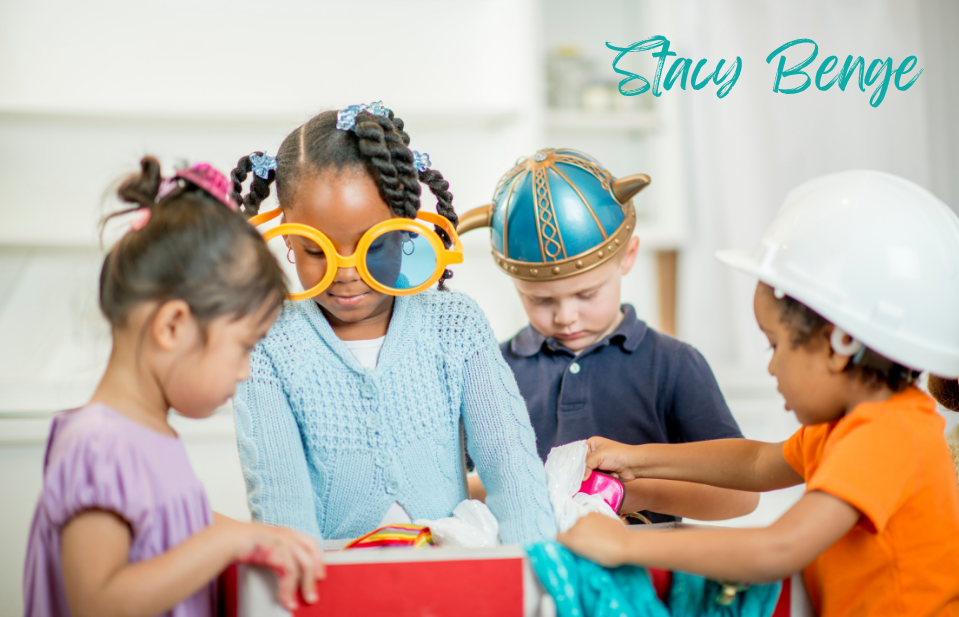
Back when I was teaching preschool, I followed the “Letter of the Week” routine like most of us do.
Each Monday, we’d kick off a new letter. We had the songs, the crafts, and the snacks. It was cute, organized, and easy to plan around.
But the more I leaned into it, the more I noticed something.
Some kids were into it, sure. But most of the children were checked out, uninterested, and disconnected.
And honestly… I didn’t blame them.
“Q is for Queen” means very little when you don’t know a queen. Or care about queens. Or even know what that word is.🤣
So I tried something different.
I let the routine go.
Instead of marching through the alphabet in order, I started paying attention to what mattered to them.
We looked at the letters in their names. Their siblings’ names. Their favorite stuffed animals or superheroes.
And everything changed.
Suddenly, they were spotting letters on their own.
They were scribbling names in their drawings.
They were asking, “What letter does pizza start with?” at lunch.
Not because I assigned it, but because it meant something to them.
That was the shift: the moment the alphabet became personal, they became more curious, more engaged, and more confident.
Children don’t need a perfect schedule to learn letters; they need connection.
They need to see that letters aren’t just shapes on a wall or something to trace on a worksheet—they’re part of their world, their name, and their stories.
And when we start there, everything changes.
This week, if you want to try this out:
Start with names.
Label cubbies or artwork with the child’s name in big letters. Talk about their “special letter.” Help them notice it in books, signs, even cereal boxes.
Follow their lead.
If they’re talking about their dog named Bella, talk about B.
If they’re excited about a new baby brother, look at the first letter of his name.
Let go of the timeline.
You don’t have to cover all 26 letters by a certain date. When letters have meaning, children will seek them out, and they’ll remember them.
Once literacy is personal, it begins to stick.
Cheering you on,
Stacy